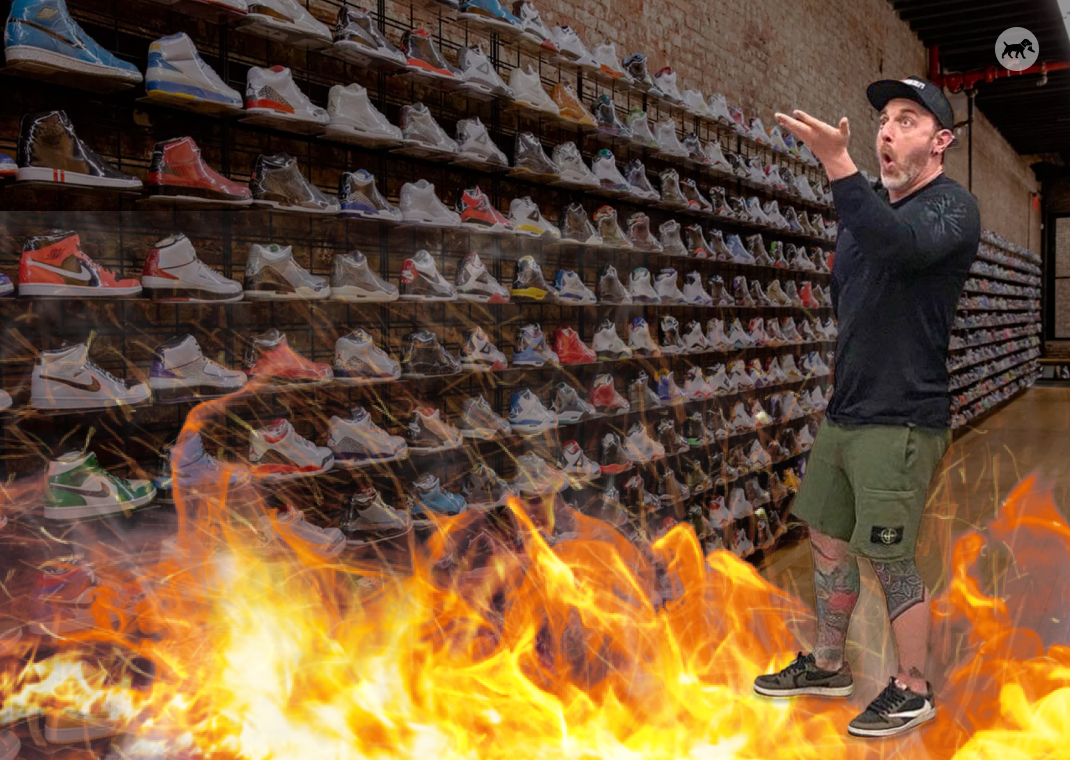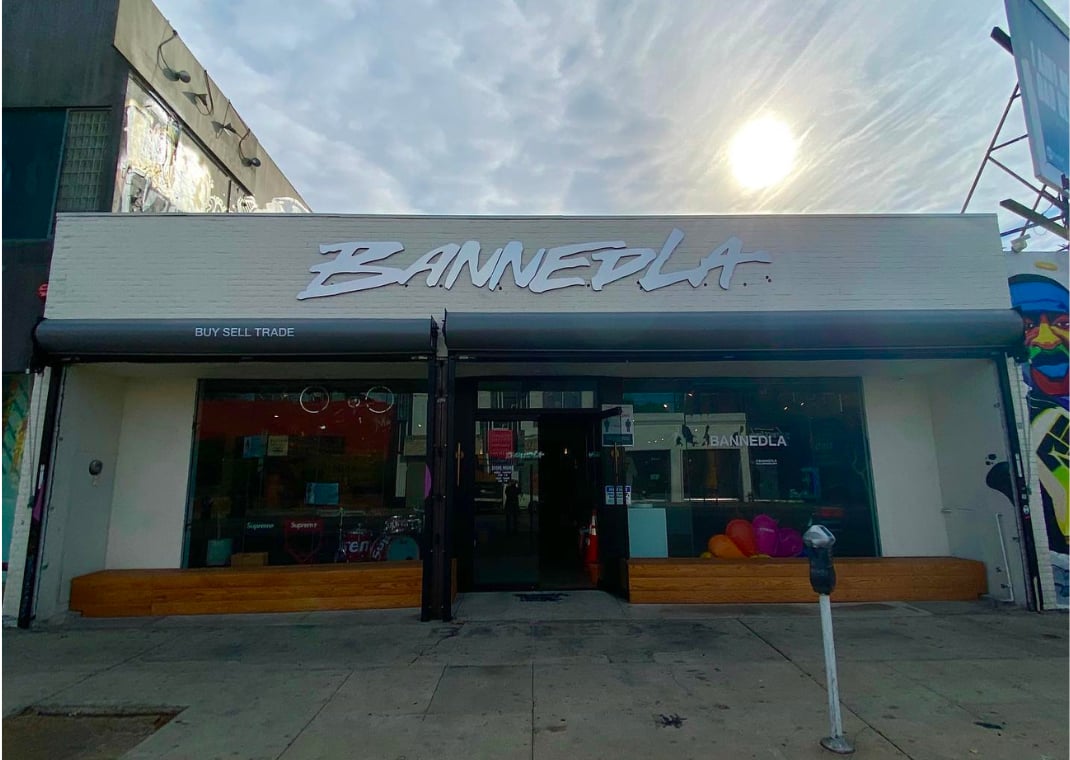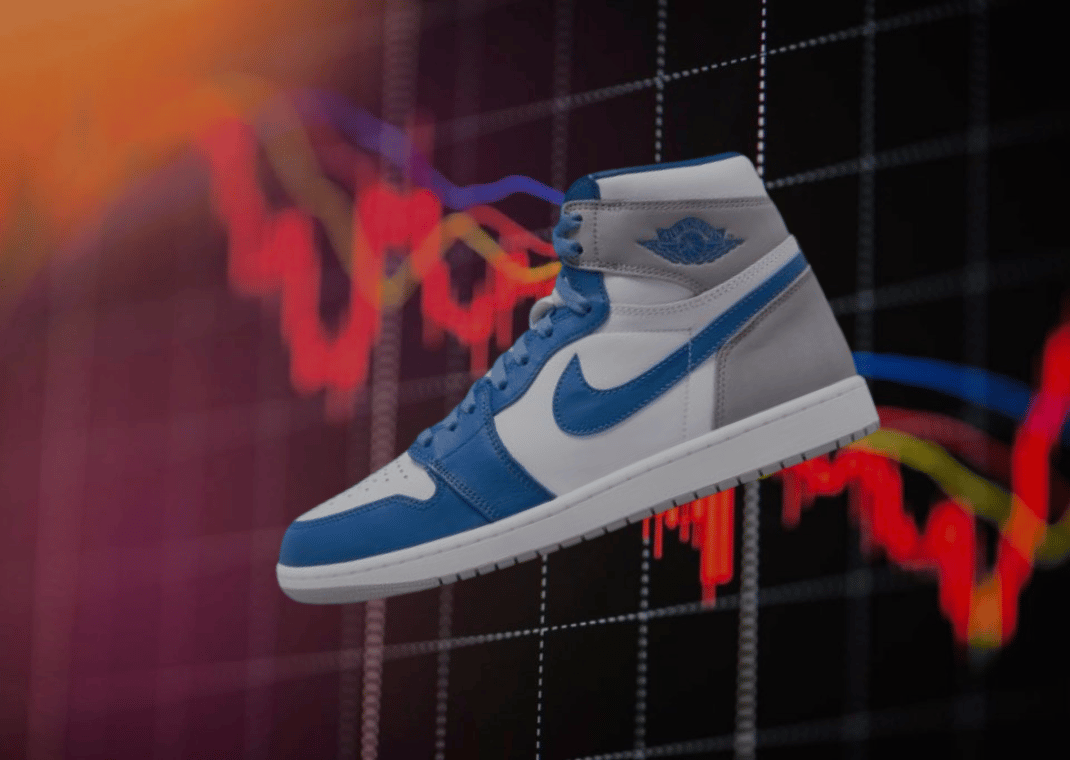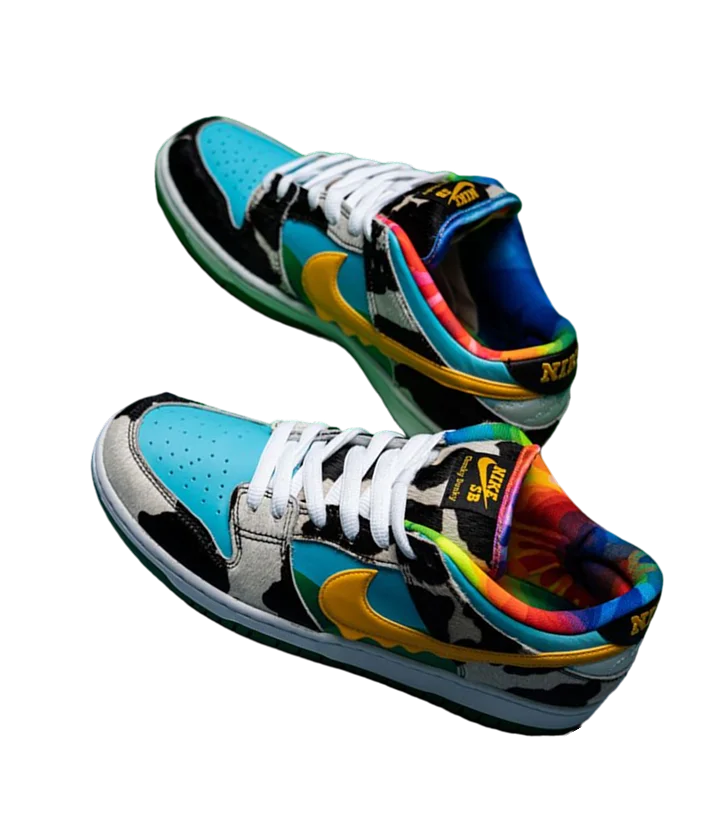Did Zadeh Kicks Kill Sneaker Reselling?
Published
Reselling has always been part of the sneaker game. That said, in recent years, it has grown to be a focal aspect of sneaker culture. This is evident through the primary market’s massive 19.5% increase in sales from 2020 to 2021 along with various pairs’ inflated prices on the secondary market. The sneaker industry’s evolution into a lucrative space ripe for profitable opportunities opened the gates for a variety of individuals and businesses - some more ethical (and legal) than others.
This past Summer, Michael Malekzadeh, also known as Zadeh Kicks, defrauded thousands of sneakerheads for millions of dollars with his ponzi-scheme pre-ordering service. In the months following the scandal, the sneaker resale market began to cool down and we’ve even seen numerous sneaker consignment shops close their doors. This led some to believe that Zadeh Kicks may have served as a potential catalyst to the sneaker market’s downturn. While Zadeh’s demise surely had an impact on the sneaker world, its significance cannot be seen as the sole culprit for the industry’s recent macro-level performance; there’s many other factors at play.
How does sneaker consignment work?
Before getting into why some sneaker consignment shops are closing, it’s important to understand the consignment business model. Many immediately conjure up images of online marketplaces like StockX, GOAT, or eBay when they think about sneaker reselling. While these marketplace undoubtedly account for a significant portion of secondary sneaker sales, they aren’t the only game in town.
Under the consignment model, the shop sells the product for the consignor and in exchange, the shop takes a percentage of the sale. This cut is often referred to as a consignment fee and can vary depending on the shop. Unlike the aforementioned online sneaker marketplaces, consignment shops like The Mag Park and Laced keep their shelves full without necessarily having to invest exclusively in inventory themselves.
By way of example, if you’d like to consign a pair of Air Jordan 1s at a consignment shop, you would sign a contract with the store (sometimes digitally, sometimes in person) and agree to the percentage the store would take if/when your product sells. After the product is sold in the consignment store, you would receive your money after a certain period of time (the store will have already laid out the payment period with you before you agree to consign with them).
To get a deeper, behind-the-scenes look into the business of sneaker reselling, consignment, and potential reasons for why some shops may have failed, we spoke with three prominent sneaker stores in the space - Private Selection, The Mag Park, and Laced.
Why are consignment shops failing?

Let’s start by saying that there are plenty of sneaker consignment shops that are thriving. According to Ian & Scotty, owners of Private Selection, “There isn’t an issue with consignment itself; clearly there are still stores that offer this model that are fine.” They also mentioned to us that “it comes down to the individual people running the shops.” Ultimately, not just anybody can own and operate a store - at least successfully. “You build this lifestyle over the last two-three years post-Covid (cars, houses, bills you acquire) then when the economy shifts and things change, you are now reliable for these things you have acquired. I think it’s catching up to people and they’re in over their heads.”
The COVID-19 pandemic served as the perfect opportunity for sneaker businesses to open up shop. Stimulus checks coupled with easy access to “cheap money” meant more available money for individual consumers to buy sneakers. This caused demand to increase exponentially and in turn, sneakers’ secondary prices followed suit after they inevitably sold out on the primary market.
Many sneaker resellers had a sudden revelation; they too could open their own stores and cut out the “middleman.” Between late 2019 and mid-2021 there was a sharp increase in sneaker consignment shops opening up. After all, anyone could do it, right? Virtually every sneaker collab - Jordan Retros, Yeezys, and even GRs, were selling for a premium. Everything sold out and was profitable, until that was no longer the case.
When Summer 2021 came along, less sneaker releases were selling out as was previously the case. As a result, secondary prices of many sneakers began to come back down to earth. When things began to level out and the market adjusted, various unsustainable business practices that were taking place were suddenly exposed.
Mismanagement of funds, unsubstantiated risks, and lack of business acumen seem to be the primary contributors to consignment shops’ folding. Miki Guerra, owner of The Mag Park in Los Angeles, told us that “Owning a sneaker shop seems like a glamorous lifestyle, but on the backend of it, you’ve got overhead, taxes, and a team that is making sure you’re handling things correctly.” As with any business, you’ve got to make sure you have your ducks in a row and stay on top of things in order to succeed. However, this recent trend of shops going bust isn’t anything new. Miki recalls 2016 being a bad release year for sneakers and seeing those who weren’t prepared for the hard times fold. “In-demand product wasn’t coming in, sales were down, and if you were mismanaging funds, things would become complicated for those running on a consignment model.”
Miki from The Mag Park shared with us that his store’s inventory is split between roughly 25% consignment and 75% owned goods - what Guerra believes to be a healthy mixture for his business. Miki explained the different types of inventory within a sneaker store like owning a boat with various engines powering it. “If you have three engines and two or even all three of them are consignment and things change which cause those engines to fail, your boat is running on one engine and would be hard to continue to operate. If two of your engines are run on product you own and only one is consignment, you can still continue to make progress or move forward.”
When talking with Joamil, the owner of Laced, a consignment business with thirteen locations across the United States, he likened the recent explosion of new players in the sneaker resale game to “the cell phone era, where four or five cell phone stores were open in a mall or across the street from one another. When it got saturated, some had to go.”
Pre-ordering shoes from an online bulk seller who takes a year to ship is a classic case of taking unsubstantiated risks, but according to the owners of The Mag Park, Laced, and Private Selection, they have yet to see one shop go under solely as a result of the Zadeh Kicks debacle. Most instances of stores failing have been primarily the result of inexperienced business owners biting off more than they could chew.
Our Take

The business of sneaker consignment is alive and well, even with the recent, highly publicized downfall of select sneaker stores. One should keep in mind that this isn’t some new phenomenon nor is it something exclusive to the sneaker world. In many other industries that experience hyper-growth in a short period of time, many come out of the woodwork to cash in on the ever-growing market. The reasons for why some of these businesses failed are complex in nature, however, according to the business owners in the space that we spoke with, the major contributor was simply poor business practices. As previously mentioned, many new players opened up shop and entered the space in a short period of time. Many of these business owners were not trained business professionals and once the sneaker market cooled off, many of them found themselves ill-prepared for tougher times.
So, did Zadeh Kicks kill sneaker reselling? Well, the decreased speed of the sneaker market’s growth had much more to do with a variety of macroeconomic factors as well as the release strategies utilized by brands across the industry. While an illegal and unethical ponzi scheme pre-ordering business like that of Zadeh’s coming to an end most certainly played some role in affecting the market, it simply cannot be blamed as the sole culprit for the recent market trends in the sneaker industry at large.
For those who still have sneakers on consignment or are thinking about consigning sneakers, we always recommend that you do your homework when it comes to placing your products into the hands of someone else. Checking the history of the business you may work with, their references from past consignors, and making sure the consignment terms you sign are fair are key steps for protecting yourself in this line of business.
Summary
- Sneaker consignment is alive and well
- Like any business, the viability of the consignment model is dependent on the business acumen of the owner(s)
- Zadeh Kicks is not a major factor behind sneaker consignment shops not paying its consignors and folding
- Make sure you do your homework prior to doing business with consignment stores by checking their history, references from those who have done business with them in the past, and make sure the terms you agree to are fair

Sneakerhead from South Florida who turned his passion into a career. When not writing for Sole Retriever, I enjoy attending concerts, catching the latest movies, and trying new food. Email: nick@soleretriever.com



